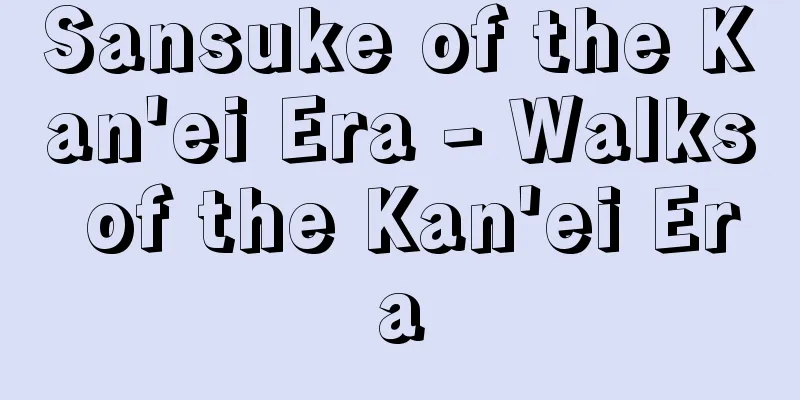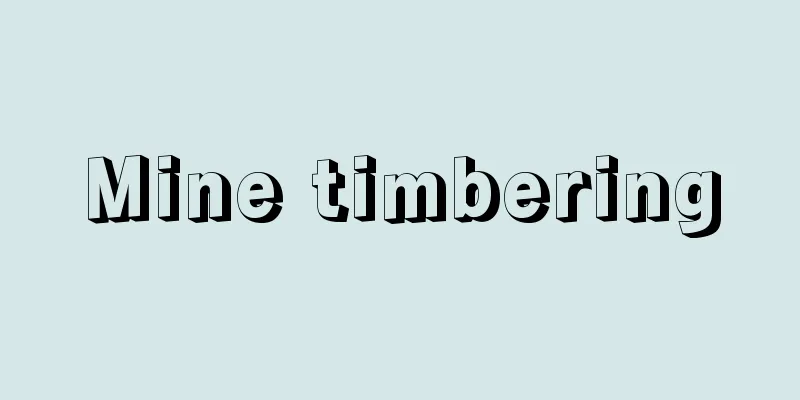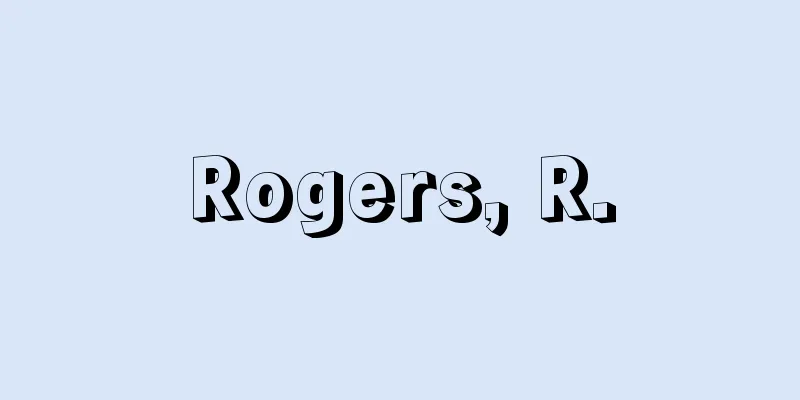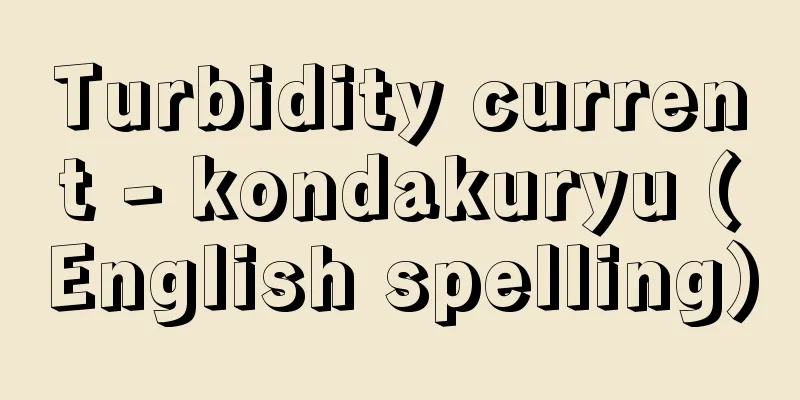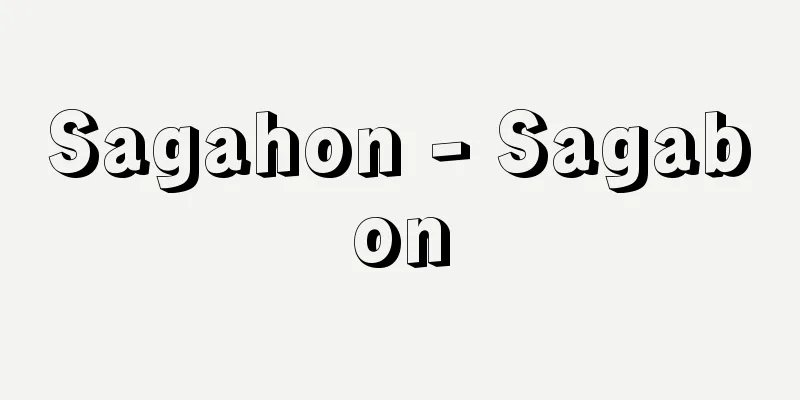Citizen (English spelling)
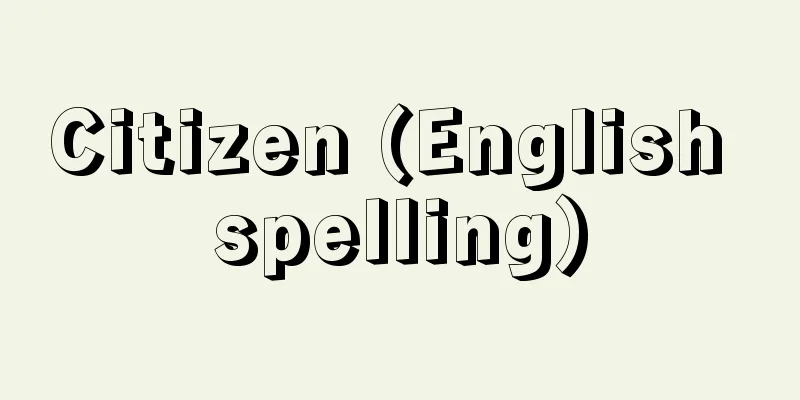
|
A city is a person who enjoys the privileges of the city-states of classical Europe and the medieval city, and who participates in the sovereignty of the modern state. However, in order to be a city that constituted a citizen before the modern era, it was necessary for the city to have its own courts and at least partly its own laws, to have at least a partially autonomous character, and to have an administration by a government office whose appointments the citizens themselves participated in in some way. In the past, these rights generally took the form of estate privileges, and the special citizen status that bore these rights characterized the European city in the political sense. In pre-modern cities, democratic movements by non-aristocratic citizens against the patriarchs led to the elimination of patriarchal rule and promoted the formation of civic associations. However, this did not mean equality of eligibility for office, senatorship, or voting rights, nor was it the case that all families who were free in terms of personality and had the right to settle were accepted into civic associations. With the exception of Rome, freed persons could not belong to civic associations, and the equality of citizens was also violated by the grading of voting rights and eligibility for office according to land rent, military ability, and then the amount of property. The difference between ancient and medieval citizens is that the former were politicians, while the latter walked the path to becoming businessmen. During the French Revolution, the "Declaration of the Rights of Man and of the Citizen" (also known as the "Declaration of the Rights of Man and of the Citizen") was passed on August 26, 1789, and its Article 6 proclaimed the principle of equality of citizens before the law. However, the French Constitution of 1791 distinguished between active citizens who paid taxes equivalent to at least three days' wages and passive citizens who did not meet this condition, and the latter were deprived of the right to vote. This system of limited qualifications for voting was finally abolished in 1848. Citizens are different from bourgeoisies, who simply mean city residents, and are citizens as participants in sovereignty. [Eizaburo Koga] "Typology of Cities" by M. Weber, translated by Koshiro Sera (1964, Sobunsha) [References] | | |Source: Shogakukan Encyclopedia Nipponica About Encyclopedia Nipponica Information | Legend |
|
ヨーロッパ古典古代の都市国家と中世都市との諸特権を享受する者、および近代国家における主権に参与する者。しかし近代以前において市民を成立させるような都市たるためには、都市が自分自身の裁判所をもち、かつ少なくとも部分的に自分自身の法をもち、少なくとも部分的な自律性をもった性格をもち、市民自身がなんらかの仕方でその任命に参与するような官庁による行政をもっていることが必要であった。これらの権利は、過去には一般に身分制的特権という形をとり、これらの権利の担い手としての特別の市民身分が、政治的意味でのヨーロッパの都市の特徴をなした。 近代以前の都市においては、門閥に対抗する非貴族的市民の民主的運動が、門閥支配の排除を生み、市民団体の形成を促した。しかし官職就任資格や元老院議員資格や投票権の同格を意味せず、人格的に自由で定住権をもつ全家族が市民団体に受け入れられたわけでもない。ローマは別として、市民団体には被解放者は所属できず、また市民の同格性も、投票権や官職就任資格に、地代額と軍事能力、ついで財産額に応じて段階づけがなされることによって破られていた。古代市民と中世市民との相違は、前者が政治人であったのに対し、後者が経済人への道を歩んだ点にある。 フランス革命の際、1789年8月26日「人間と市民の権利の宣言」(いわゆる「人権宣言」)が決議され、その第6条で法の前での平等な市民という原則がうたわれたが、1791年のフランス憲法は、少なくとも3日分の賃金に等しい租税を払う能動市民と、この条件を満たさない受動市民とを区別し、後者は選挙権を奪われた。この資格制限選挙制度が最終的に廃止されたのは1848年のことである。市民は、単に都市の住民を意味するブルジョアと異なり、主権に参加する者として市民なのである。 [古賀英三郎] 『M・ウェーバー著、世良晃志郎訳『都市の類型学』(1964・創文社)』 [参照項目] | | |出典 小学館 日本大百科全書(ニッポニカ)日本大百科全書(ニッポニカ)について 情報 | 凡例 |
<<: Citizens' Movement - Shiminundou
Recommend
Commentary - Takuhyo
An administrative unit within the Silla Kingdom in...
Women's Prison - Onnarou
〘Noun〙 A prison building for female prisoners in t...
Lalo
French composer. Both parents were of Spanish desc...
Natio
… By 1500, about 80 universities had been establi...
H2 action - Ecchi 2 like
...Also called antihistamines. Drugs that antagon...
Ginpara - black-headed munia
A bird of the order Passeriformes in the class Av...
Reverse transcription
… In the case of RNA viruses, which have RNA as t...
"The Chronicles of the Tocheng of Jiading"
…The translation by Sato Haruo is also famous, al...
Abracadabra (English spelling)
A spell used by the Basilides (2nd-4th centuries),...
Chāma Rāja IV (English spelling)
…A Hindu kingdom centered in the Karnataka (Mysor...
Hekate
A goddess in Greek mythology. According to Hesiod...
Erlang, AK (English spelling) ErlangAK
… Traffic volume = total holding time of communic...
Ichijijo - one character shape
A document stating that one character is exempt. E...
Phytophagous animals
For example, it can refer to birds and animals th...
Diffusive mixing
…The process of mixing in an actual mixer appears...
